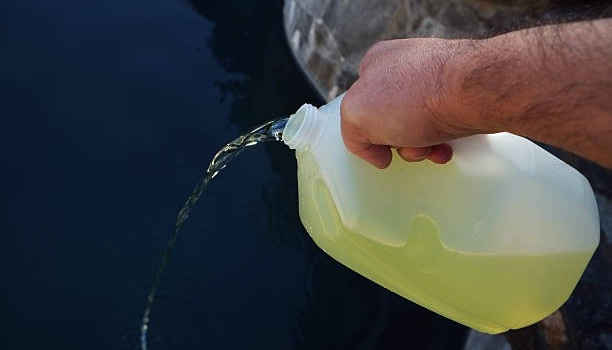Discovering bacteria in your well water can be a concerning revelation. It raises questions about water safety and the health of your household. One common method to tackle bacterial contamination is chlorination. However, like any solution, chlorination comes with its own set of advantages and drawbacks. Let’s delve into the pros and cons of chlorinating your well when bacteria is found.
Pros of Chlorinating Your Well
- Effectiveness: Chlorination is a proven method for disinfecting water and eliminating a wide range of bacteria, including E. coli and coliform bacteria, which are common contaminants in well water.
- Affordability: Chlorination is a relatively inexpensive treatment method compared to some other options available for well water disinfection. It requires minimal equipment and maintenance, making it accessible for many homeowners.
- Ease of Application: Chlorinating your well is a straightforward process that can often be done by homeowners themselves with the appropriate guidance and materials. It typically involves introducing chlorine into the well and allowing it to circulate through the water system to kill bacteria.
- Residual Protection: Chlorine leaves behind a residual effect in the water, providing ongoing protection against bacterial regrowth and helping to maintain water quality over time.
Cons of Chlorinating Your Well
- Health Concerns: While chlorine effectively kills bacteria, it can also produce harmful disinfection byproducts (DBPs) when it reacts with organic matter in water. Long-term exposure to these DBPs has been associated with health risks such as cancer and reproductive issues.
- Taste and Odor: Chlorine can impart a noticeable taste and odor to water, which some people find unpleasant. While the taste and odor may dissipate over time with aeration and exposure to sunlight, it can still be off-putting for some individuals.
- Environmental Impact: Chlorine discharge from chlorinated wells can have adverse effects on the environment, particularly aquatic ecosystems. Chlorine can react with organic matter in surface water bodies to form toxic compounds harmful to aquatic life.
- Maintenance Requirements: Maintaining the proper chlorine levels in your well water requires regular monitoring and adjustment. Over-chlorination can lead to taste and odor issues, while under-chlorination may fail to adequately disinfect the water.
Considerations Before Chlorinating Your Well
- Water Testing: Before deciding to chlorinate your well, it’s essential to conduct thorough water testing to identify the type and concentration of bacteria present. This will help determine the appropriate treatment method and chlorine dosage needed.
- Alternative Treatments: Depending on the specific circumstances of your well water contamination, alternative treatment methods such as UV disinfection, ozone treatment, or filtration may be more suitable and effective options.
- Consultation: Seek guidance from water treatment professionals or local health authorities to assess the best course of action for addressing bacterial contamination in your well water. They can provide expert advice tailored to your situation and help you navigate the treatment process safely and effectively.
In conclusion, chlorination can be an effective and affordable method for treating bacterial contamination in well water, but it’s essential to weigh the pros and cons carefully before proceeding. By considering factors such as health concerns, taste and odor issues, environmental impact, and maintenance requirements, you can make an informed decision that ensures the safety and quality of your drinking water. Remember, the ultimate goal is to achieve clean, safe water for you and your family to enjoy for years to come.
If you’re interested in clean water in your home – schedule a free, no-obligation in-home water analysis with an Artisanal Water local expert.
Call (704) 315-6344 or fill out our contact form.
